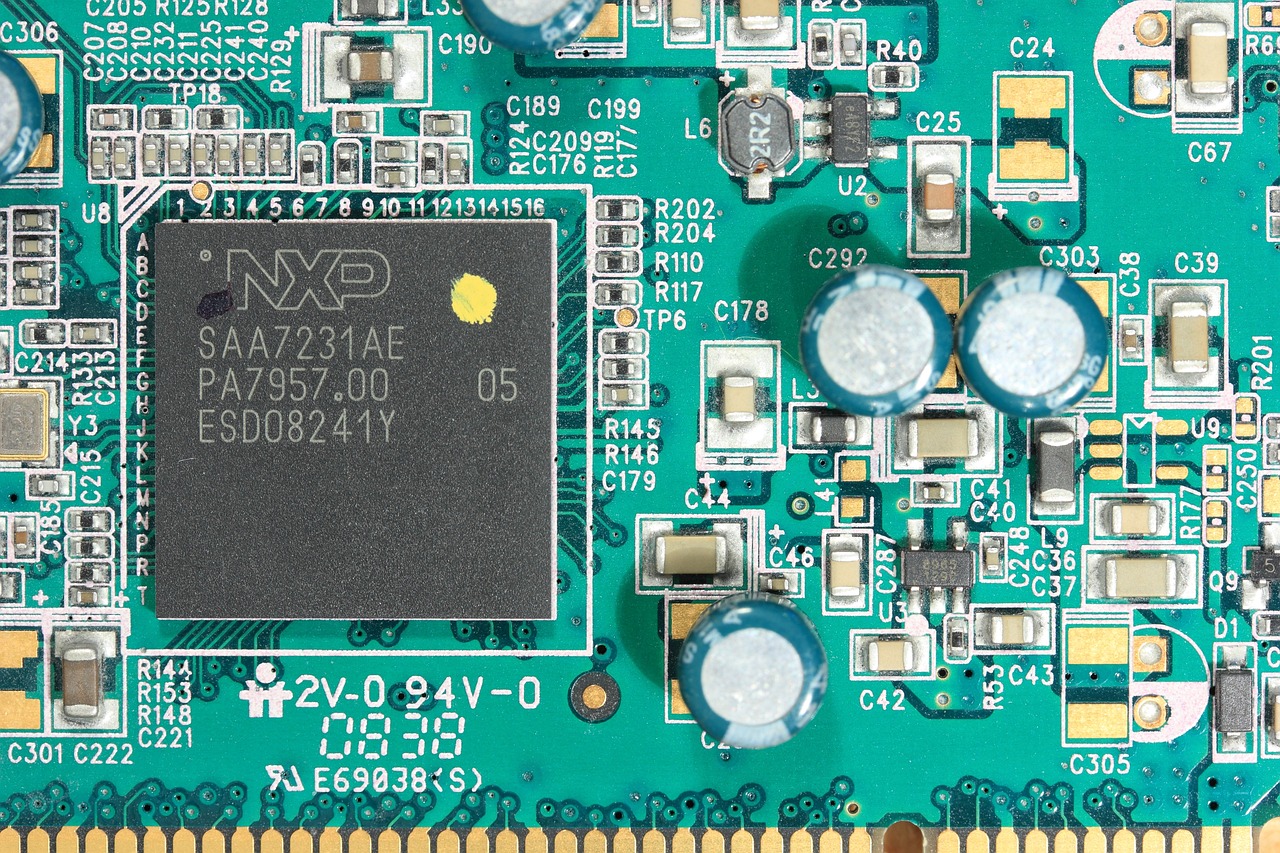The Role of Blockchain in Voting Systems
Blockchain technology has emerged as a highly secure and tamper-proof solution for modern voting systems. By utilizing cryptographic algorithms and decentralized consensus mechanisms, blockchain ensures that the integrity of the voting process is maintained. Each vote is encrypted and recorded on a distributed ledger, making it virtually impossible for any unauthorized party to alter or manipulate the results without being detected.
Furthermore, the transparent nature of blockchain technology enhances the security of voting systems by allowing voters to independently verify the accuracy of the results. Every transaction on the blockchain is traceable and immutable, providing a high level of transparency and accountability throughout the voting process. This transparency not only ensures the security of the system but also fosters trust among the participants, making blockchain an ideal solution for enhancing the integrity of voting systems.
The Transparency of Blockchain in Voting Processes
Blockchain technology has emerged as a promising solution to enhance transparency in voting processes. By utilizing a decentralized and immutable ledger, blockchain ensures that every transaction or vote recorded cannot be altered or manipulated. This provides a high level of transparency, as all participants in the network have access to the same information, eliminating the possibility of fraudulent activities.
Moreover, the transparency offered by blockchain in voting processes also extends to the verification of results. Through the use of smart contracts, the automated execution of predefined rules ensures that the voting process is carried out accurately and efficiently. This not only increases the trust of voters in the system but also allows for real-time auditing of the voting process, further enhancing its transparency and integrity.
How does blockchain ensure security in voting systems?
Blockchain ensures security in voting systems by creating a decentralized, transparent, and tamper-proof ledger of all transactions. Each vote is recorded on the blockchain, making it virtually impossible to alter or manipulate the results.
What is the role of transparency in voting processes?
Transparency is crucial in voting processes to ensure trust and accountability. With blockchain technology, all transactions are publicly recorded and can be verified by anyone, increasing transparency and reducing the risk of fraud.
How does blockchain improve the integrity of voting systems?
Blockchain improves the integrity of voting systems by providing a secure and transparent platform for recording and verifying votes. This reduces the likelihood of hacking, tampering, or other forms of manipulation that can compromise the integrity of the voting process.
Can blockchain be used for online voting?
Yes, blockchain can be used for online voting to ensure the security and transparency of the voting process. By leveraging blockchain technology, online voting systems can be made more secure and trustworthy, allowing voters to cast their votes with confidence.
What are some challenges associated with implementing blockchain in voting systems?
Some challenges associated with implementing blockchain in voting systems include scalability, accessibility, and regulatory concerns. However, as the technology continues to evolve and improve, these challenges are being addressed to make blockchain-based voting systems more practical and widespread.





